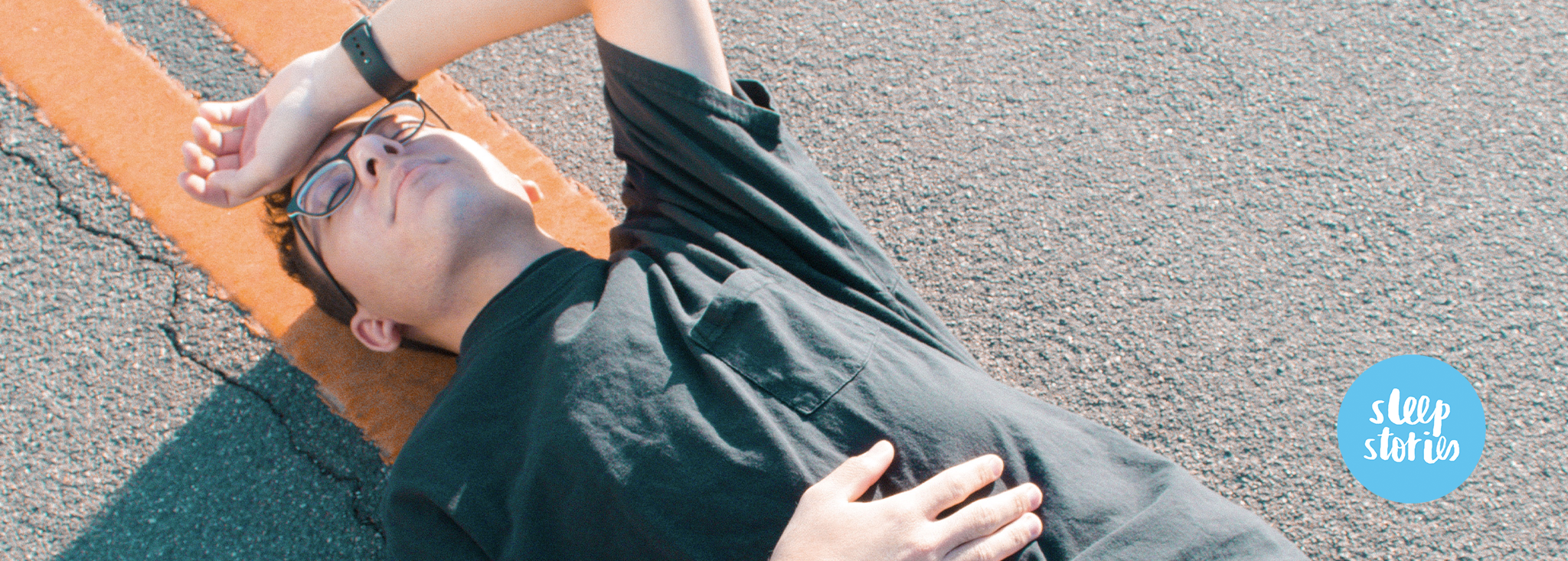Sleep Away: Sleeping + Diabetes in College
Written by: Makaila Heifner
3 minute read
March 9, 2020
This content was made possible with support from Medtronic Diabetes, an active partner of Beyond Type 1 at the time of publication.
“You ready?” My aunt asked me before we embarked on a 12-hour drive to California. I wasn’t sure, even though I felt like I had prepared my whole life for this very moment: going to college.
That was over two and a half years ago, and I am still unsure if I was, or ever will be “ready.”
College is a lot of things. It’s most people’s first time away from home, it comes with a lot of experiences and opportunities, it’s beautiful and full of newfound freedom and wonder. However, no matter how much we prepare, we can never really know what college will bring or how it will affect us until we’re living it.
T1D on campus
For many of us living with diabetes, the shift to college life is nothing short of whiplash. At home, I knew I could always wake up my parents if I was having a low blood sugar. At home, I knew almost exactly how my continuous glucose monitor (CGM) line would look on a nightly basis. But at college, things changed. One of the biggest changes for me was my sleep.
Sleeping is one of the most overlooked necessities of life. I like to think I can function perfectly well with only a few hours of sleep, but I know how much better off I am when I get a full eight hours. College creates a lot of obstacles to getting a full night’s rest. Everything from writing a 10-page paper that is due the next day, to partying with friend, results in a pretty crazy sleep schedule (if you could even call it a schedule).
As hard as the adjustment was, I have recognized the importance of trying to maintain a consistent sleep schedule in order to take care of my mental health as well as my diabetes. On days where I don’t sleep as much, I tend to run higher and generally feel worse.
Necessities
In the event of a low or high blood sugar at night, it is important to have your supplies close by. I recommend keeping a bottle of glucose (or your favorite low treatment) on your bedside table/desk. It’s never fun to wake up with an out-of-range blood sugar, so it’s vital to be able to grab your supplies quickly rather than having to root around searching for what you need. Personally, I almost always opt for glucose tabs; they’re an easy fix for a low and I know that four is the perfect amount for me.
Knowing how lack of sleep affects your diabetes care is also vital, so pay attention when you’re operating at less than 100 percent. Unfortunately, college students can’t always get a full night’s rest, and when this happens it’s important to be prepared for an abnormal diabetes day. I tend to run higher when I’m running on fumes, so I try to avoid high-carb meals and take extra care in making sure I’m hydrated.
You’re surrounded by new people when you get to college, and you should not be shy about taking advantage of the ones in your immediate vicinity. In my case my roommate is a major component of my diabetes support system. We’ve lived together since freshman year, and by now she’s a seasoned pro at what to do when I need help. She even helps track my blood sugars and will call me in the morning to check and make sure I’m taking care of myself. Communication is a vital step to make sure everyone is safe and happy. Living together can be difficult, but diabetes shouldn’t make it harder.
At some schools, people with diabetes are eligible to live in a single room (read more about getting accommodations through Disability Services at your college here). Because of all of the various alarms, beeping, glucose-chomping and other things that go bump in the night, this can obviously be very distracting to a possible roommate. You can discuss the possibility of receiving a single room with your disability office on campus but be mindful of the dangers of living alone. Regardless of what you choose, always be sure to coordinate with your diabetes care team.
College is hard, but sleeping shouldn’t be. To sweet dreams going forward!
The testimonial above relates an account of an individual’s experience using a Medtronic device. The account is genuine, typical and documented. However, this individual’s experience does not provide any indication, guide, warranty or guarantee as to the response or experience other people may have using the device. The experience other individuals have with the device could be different. Experiences can and do vary. Please talk to your doctor about your condition and the risks and benefits of Medtronic devices.
Check out another piece about rest + technology—A Lifetime of Sleeping With Diabetes Tech.

Author
Makaila Heifner
Makaila was diagnosed with type 1 diabetes at 16 months old. Before joining the Beyond Type 1 team in 2019, she worked at several diabetes camps, including Camp Leo and DYF. Makaila earned her BA In Global Studies and a minor in Public Policy from the University of California, Berkeley. When she isn't editing articles, Makaila is a fan of soup, public radio and live music. Check her out on Instagram: @makailaheifner.
Related Resources

This content was made possible with support from Medtronic Diabetes, an active partner of Beyond...
Read more

This content was made possible with support from Medtronic Diabetes., an active partner of Beyond...
Read more

Training for a marathon takes a lot—hundreds of miles on the pavement, time and the...
Read more

